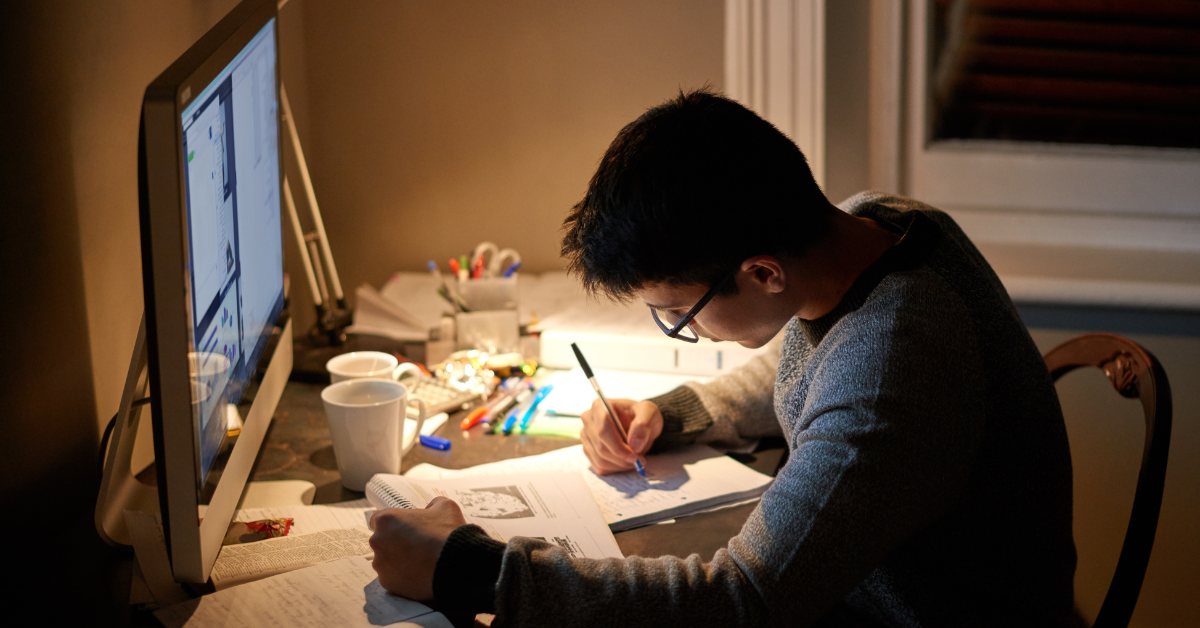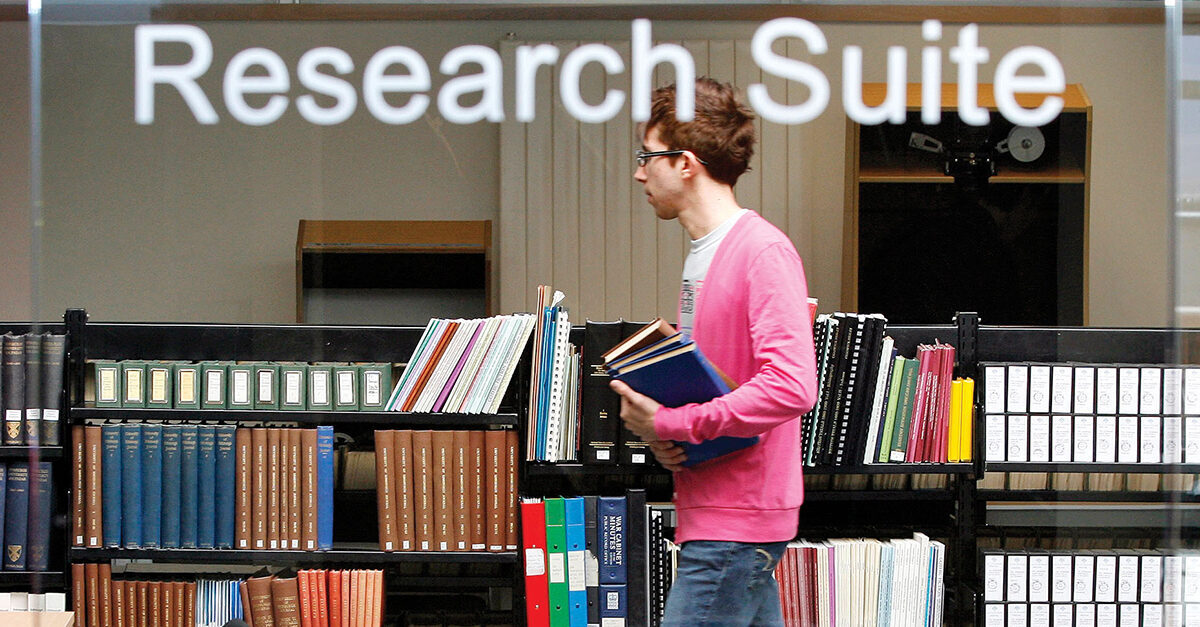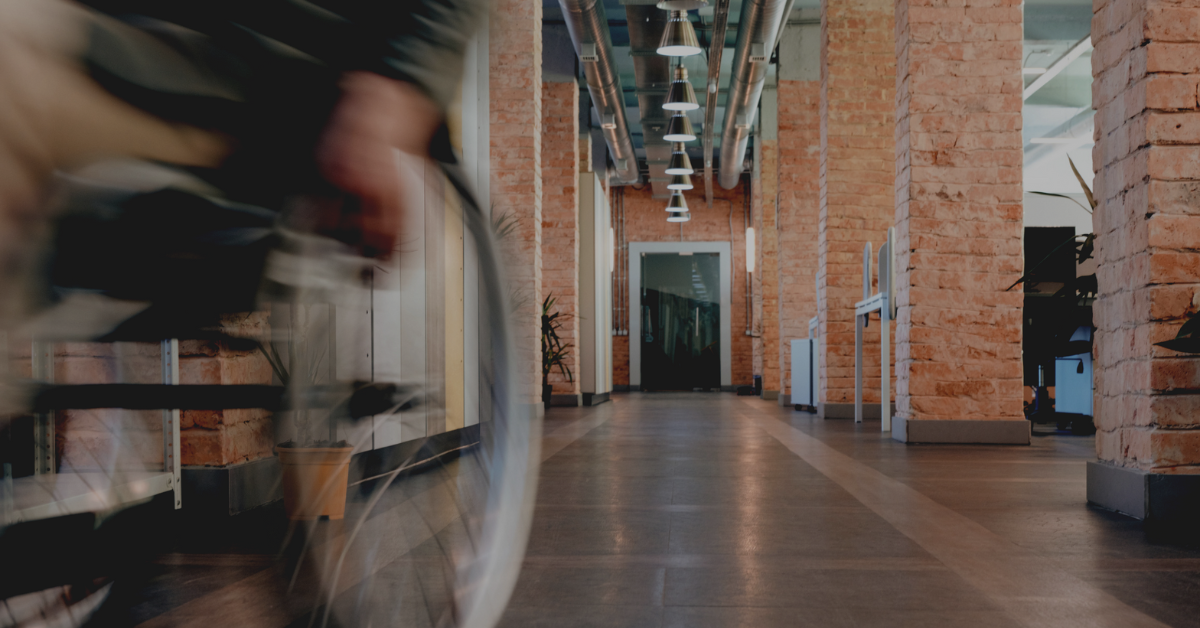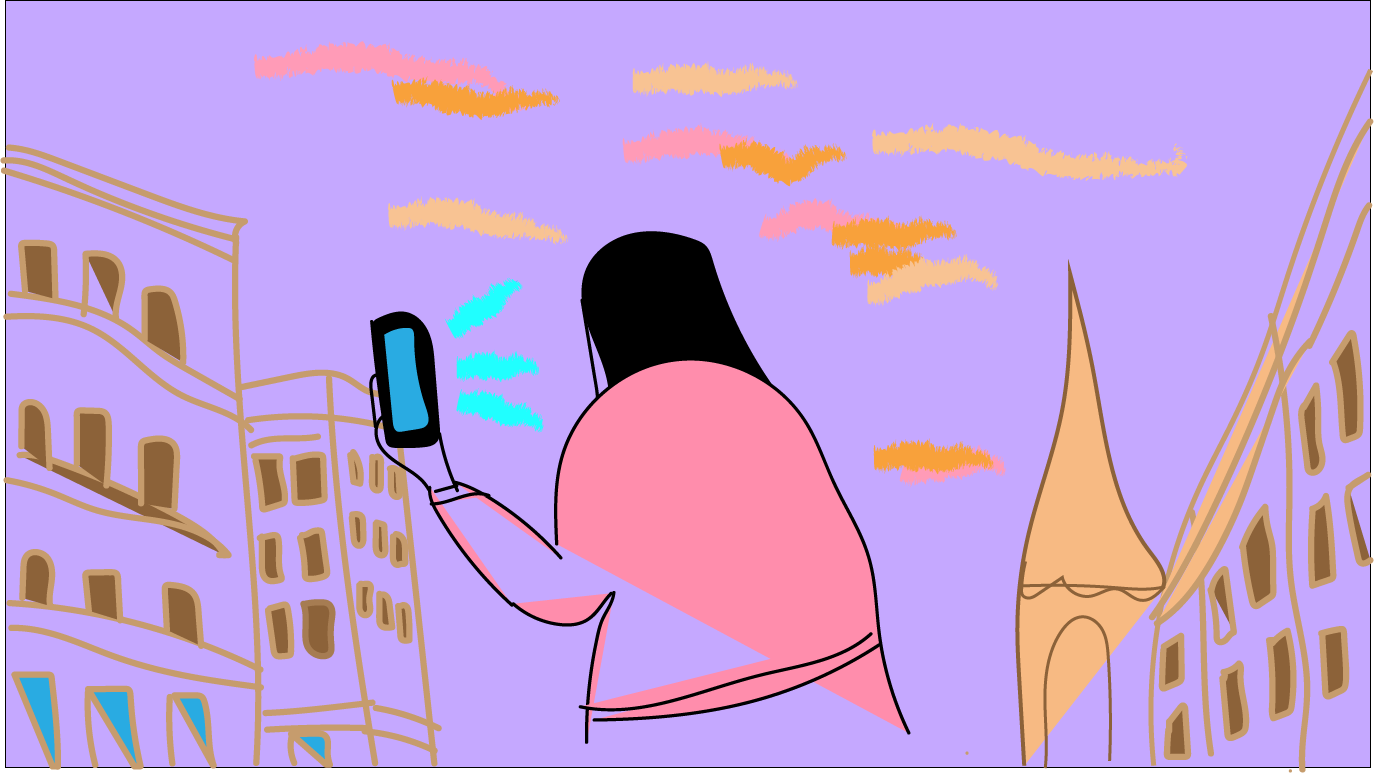Tag: wellbeing
Rachel, from the USA, is studying History Returning to class after the winter holidays isn’t always the most exciting prospect – especially when the sun is rising at 9am and setting at 4pm. It’s dark and cold and you were just at home, eating for free and petting your cat. Don’t lose hope! As a second-semester […]
In this blog post, Tessa Warinner, wellbeing adviser at the School of History, Classics, and Archaeology, discusses ‘Burnout’ – a rising concern in academia. Tessa discusses what it feels like, its prevalence, impact, and signposts helpful resources for managing it. This post belongs to the Hot Topic theme: Critical insights into contemporary issues in Higher Education. I’m […]
…by Kit / from Belgium / studying History (MA) / 3rd yearAll Posts Being at university, there’s always a time when we struggle to get work done. As a disabled student, this can be doubly true. Whether that’s due to ADHD goblin brain or bad health days, the tips and tricks below can help you […]
In this post, Rose Day, Learning Technologist at the School of History, Classics, and Archaeology (HCA), highlights the HCA TEL Learn Ultra Showcase. The showcase features some of the innovative courses and provides insightful commentary from course organizers and learning technologists who played pivotal roles in their development. This post also belongs to the Spotlight on Learn […]
Embarking on a postgraduate journey is undoubtedly an exciting and intellectually rewarding endeavour, but it does require a significant amount of time, effort and dedication. How can you get the most out of your studies, without experiencing burnout? MSc Intellectual History student Lena offers her thoughts. Taking the decision to study at a postgraduate level […]
In their previous post, Seth gave some advice on what to do before you start university, so this next blog will touch on what to do AFTER you start your studies, and help you get the most out of them. When meeting your Cohort Lead talk about your disability and how it might impact your […]
Starting university is usually cause for anxiety in and of itself. It can be even more so when you have a disability, health condition or learning difference to consider. Student Ambassador Seth offers some advice on what to do before you start your studies which will, hopefully, make the process less stressful for you. Get […]
Will I find those “friends for life”? Will I be able to balance my studies with a healthy social life? Will there be societies I want to join? Jack – History and Politics (MA Hons) – answers these very questions. Some of the biggest worries that Freshers tend to have about coming to university are […]
It’s November. It’s cold, dark, and very, very grey. The weeks are filled with endless assignments, frustrating group projects, hours of staring at your laptop screen, and most likely a lot of reading. Asha, a final year History student, looks at how to improve your mood when it starts getting dark at 3pm. Every year […]










